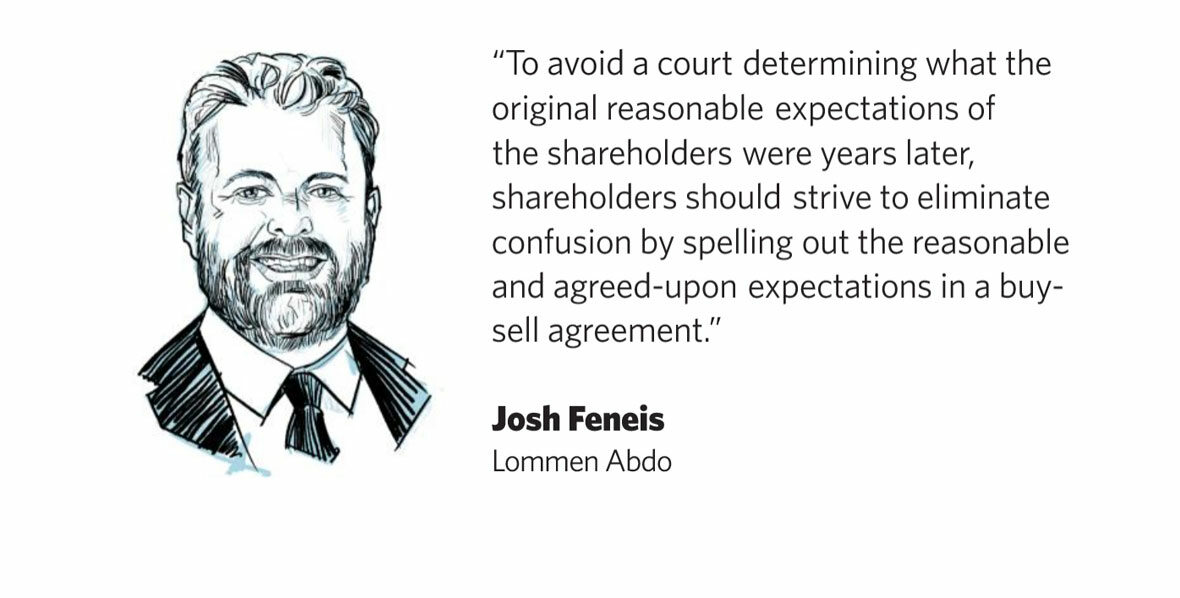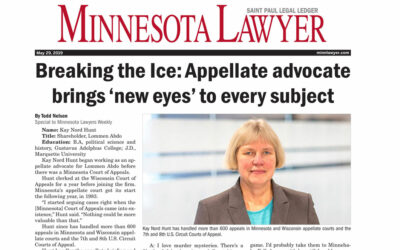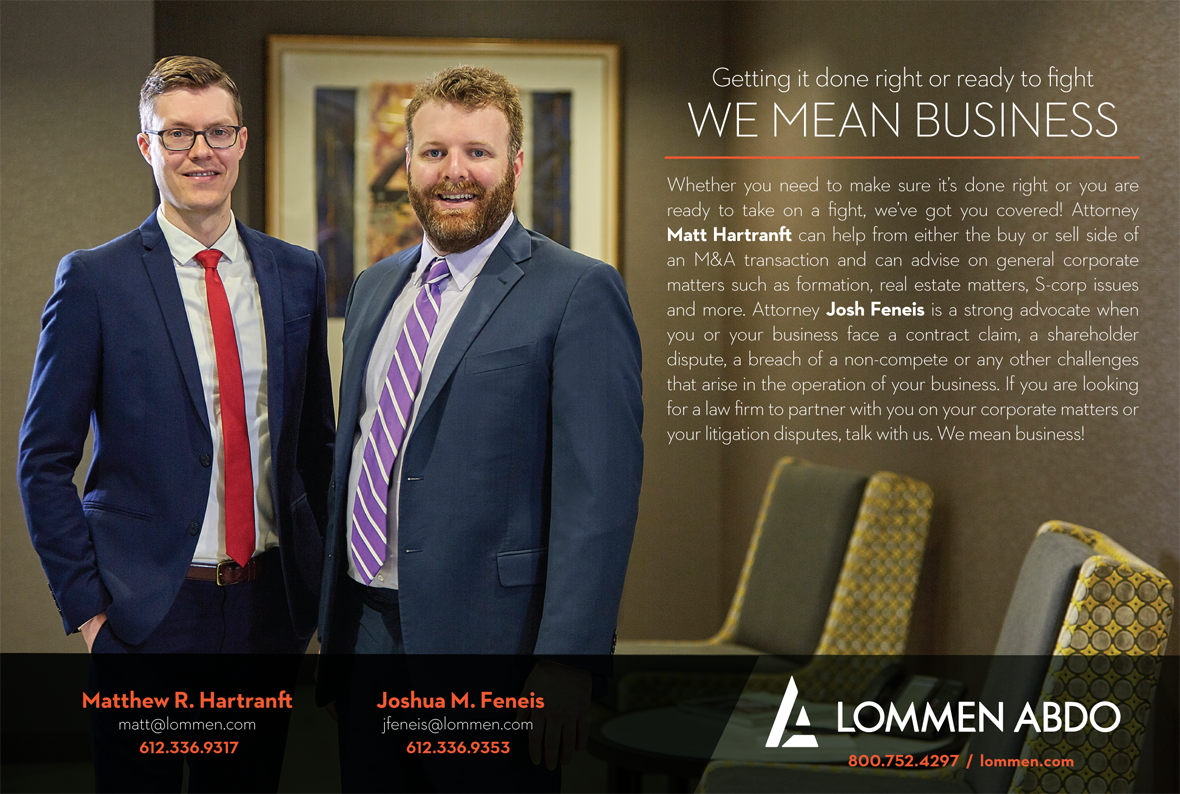
Phillip A. Cole / Retired
Former Areas of Practice: Legal Malpractice, Professional Liability, Medical Malpractice, Commercial Litigation, Business Litigation, Intellectual Property Litigation, Shareholder/Owner Disputes, Wrongful Death
Phillip A. Cole / Biography
Before his retirement, Phil Cole used his extensive litigation experience in handling personal injury cases, commercial disputes, business torts, class actions, medical malpractice claims, and the defense of all types of claims brought against lawyers. Mr. Cole has been a frequent lecturer and a published author in the areas of trial strategies and professional liability subjects. Mr. Cole was a board certified civil trial advocate by the National Board of Trial Advocacy before retiring.
He has been a qualified neutral under Rule 114 of the Minnesota General Rules of Practice and included on the civil neutrals rosters for both facilitative/hybrid and adjudicative/evaluative panels. Mr. Cole was selected as the Minneapolis Best Lawyers Legal Malpractice Lawyer of the Year for 2011 and as the Minneapolis Best Lawyers Legal Malpractice Lawyer-Defendants of the Year for 2014 and again in 2019. Cole, a member of the American Board of Professional Liability Attorneys until his retirement, was certified as a specialist in the litigation of both legal and medical professional liability claims (this national organization is not accredited by the Minnesota Board of Legal Certification).
Mr. Cole has also been recognized in the International Who’s Who, Who’s Who in American Law, the National Registry of Who’s Who, and as one of The Best Lawyers in America© by U.S. World & News Report. He has been repeatedly listed as a Minnesota Super Lawyer and has been listed as a Top 100 Minnesota Super Lawyer for over a dozen years. Before his retirement he was rated AV Preeminent® for the highest level of professional excellence by Martindale-Hubbell.
Education
- University of Maryland, B.A., 1961
- Georgetown University, J.D., 1964
News + Articles
Preparing for and Surviving a Business Divorce
Just like in a marriage, no one at the outset of a closely held company expects things to go south and end in divorce. But just like in a marriage, the best time to address what will happen if things do not go as hoped is at the outset when everyone is excited and...
Breaking the Ice: Appellate Advocate Brings ‘New Eyes’ to Every Subject
Name: Kay Nord Hunt Title: Shareholder, Lommen Abdo Education: B.A, political science and history, Gustavus Adolphus College; J.D., Marquette University Kay Nord Hunt began working as an appellate advocate for Lommen Abdo before there was a Minnesota Court of...
Getting it done right or ready to fight, we mean business!
Whether you need to make sure it’s done right or you are ready to take on a fight, we’ve got you covered! Attorney Matt Hartranft can help from either the buy or sell side of an M&A transaction and can advise on general corporate matters such as formation, real...
Lommen Abdo adds expertise and depth with attorneys Jenneane Jansen and Matt Hartranft
Lommen Abdo has expanded both its litigation and business practices with Attorneys Matt Hartranft and Jenneane Jansen. Matt Hartranft Matt Hartranft works closely with owners and managers to assemble transactions for a wide range of businesses and ESOPs in the areas...
Effective Compliance in Small-to-Midsize Businesses
The article below appeared in the May/June 2019 Upsize Minnesota magazine. Small-to-midsize businesses (SMBs) are not immune to compliance risks. To manage those risks, businesses must develop compliance programs that are specific and effective. That can be done by...
Estate Planning for Peace of Mind
Cameron Kelly presented on May 2nd to employees at Hutchinson Technology, Inc., a TDK Company, in Eau Claire, Wisconsin, during their Financial Wellness Week. He provided information on death and incapacity planning, probate, and basic estate planning documents such...




